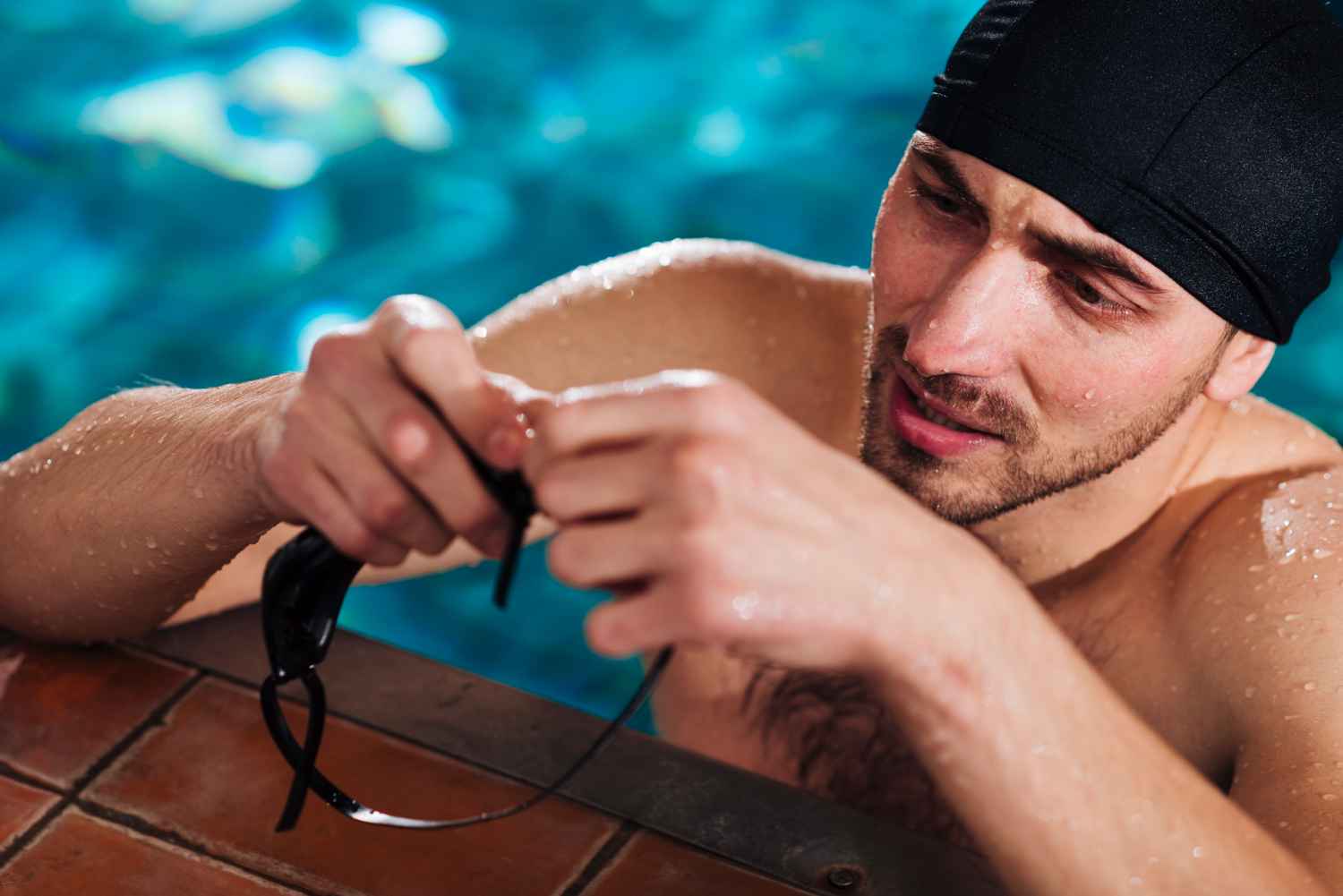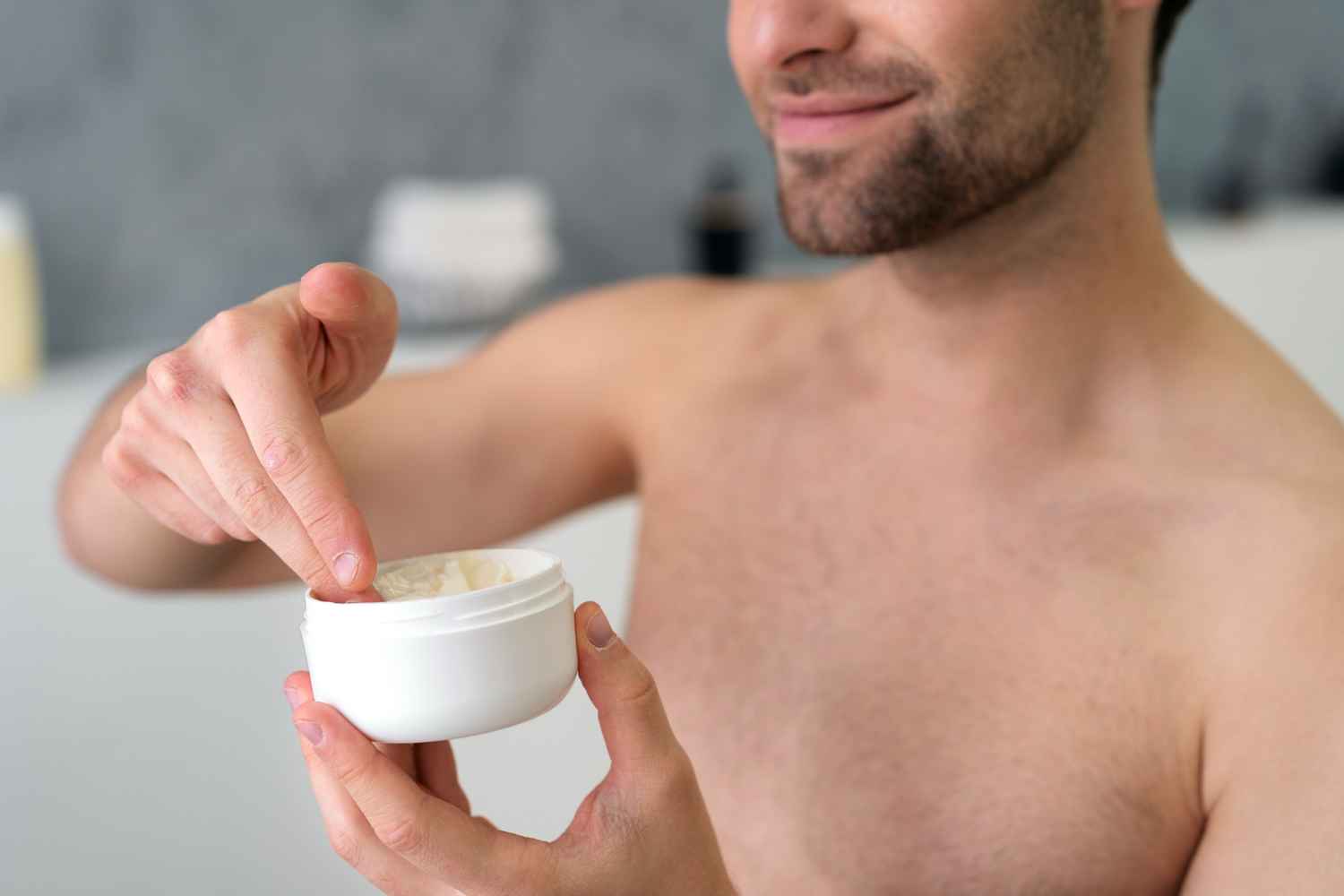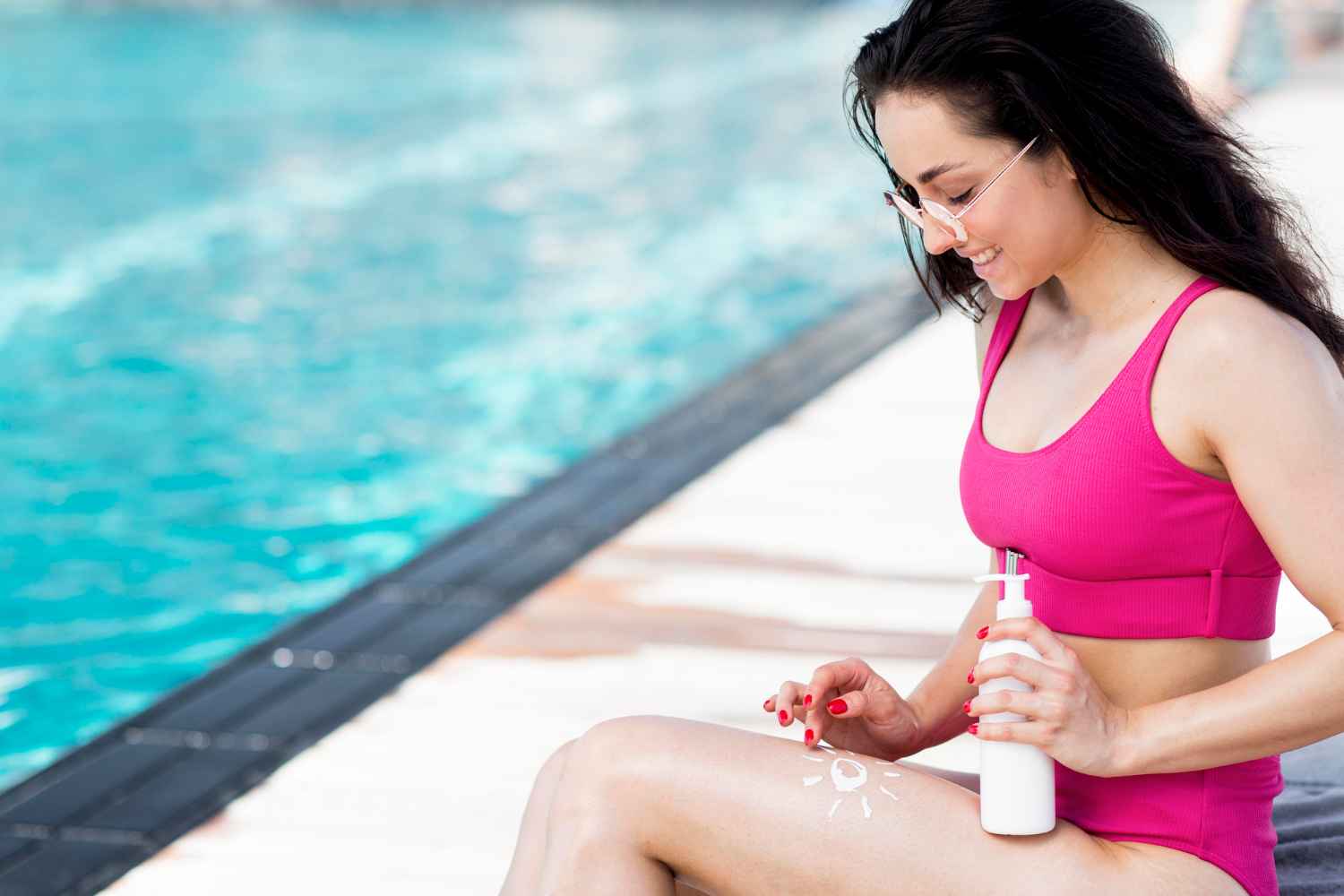The Ultimate Guide to Skincare for Swimmers

Frequent swimming can expose the skin to chlorine, saltwater, and sun damage, making proper skincare essential.
Swimming is one of the best full-body workouts, but regular exposure to chlorine, saltwater, and UV rays can damage your skin. Whether you swim for fitness, competition, or leisure, maintaining a proper skincare routine is crucial to prevent dryness, irritation, and premature aging.
Here’s everything you need to know about keeping your skin healthy as a swimmer.
1. Hydrate Your Skin Before and After Swimming
Swimming in chlorinated pools or saltwater can strip the skin of its natural oils, leading to dryness and irritation.
Tips to Keep Skin Hydrated:
- Drink plenty of water throughout the day to maintain internal hydration.
- Apply a fragrance-free, hydrating moisturizer before and after swimming.
- Look for ingredients like hyaluronic acid, ceramides, and glycerin, which help retain moisture.

Using a hydrating moisturizer with ceramides and hyaluronic acid helps restore moisture lost due to chlorine and saltwater.
2. Apply Sunscreen Before Swimming
Swimming outdoors means constant exposure to UV rays, which can cause sunburn, premature aging, and hyperpigmentation.
How to Protect Your Skin from UV Damage:
- Choose a broad-spectrum, water-resistant SPF 50+ sunscreen.
- Apply at least 20 minutes before swimming for proper absorption.
- Reapply every two hours or immediately after leaving the water.
- Use a zinc oxide or titanium dioxide-based sunscreen for better protection.
3. Rinse Off Before and After Swimming
A quick shower before entering the pool helps reduce chlorine absorption, while rinsing off after swimming removes chemicals and salt from the skin.
- Use lukewarm water to rinse off before swimming.
- Wash with a gentle, sulfate-free body wash after your swim.
- Pat dry instead of rubbing to avoid skin irritation.
4. Exfoliate Weekly to Prevent Buildup
Chlorine and salt can trap dead skin cells, leading to clogged pores and rough skin.
- Exfoliate one to two times a week with a mild scrub or chemical exfoliant.
- Look for AHAs (glycolic acid) or BHAs (salicylic acid) to clear out pores.
- Avoid harsh physical scrubs, which can further irritate the skin.
5. Protect Your Skin Barrier
The skin barrier is the outermost layer that keeps moisture in and irritants out. Chlorine and saltwater can weaken this barrier, causing dryness and sensitivity.
- Use ceramide-based moisturizers to repair and strengthen the skin.
- Avoid alcohol-based toners or astringents, which strip moisture.
- Apply barrier-protecting products like petroleum jelly to sensitive areas before swimming.

Strengthening the skin barrier with ceramide-based moisturizers helps protect against chlorine and saltwater damage.
6. Take Care of Your Lips and Under-Eyes
The lips and under-eye skin are delicate and prone to dryness and sun damage.
- Use a lip balm with SPF 30+ before swimming.
- Apply a hydrating eye cream to prevent fine lines and irritation.
7. Use Swimming-Specific Skincare Products
Certain skincare products are designed to neutralize chlorine’s effects and prevent dryness.
- Vitamin C sprays help remove chlorine residue.
- After-swim body washes formulated for swimmers can soothe the skin.
8. Avoid Harsh Cleansers
Harsh soaps can strip the skin further and cause irritation.
- Use fragrance-free, sulfate-free cleansers with soothing ingredients like aloe vera and chamomile.
9. Deeply Moisturize After Swimming
After every swim, moisturizing is key to replenishing lost hydration.
- Apply a rich body lotion and hydrating facial moisturizer within five minutes of showering.
10. Take Breaks from Chlorine Exposure
To prevent long-term skin damage, give your skin time to recover.
- Try to alternate between swimming and non-swimming days when possible.
- Use indoor pools with lower chlorine levels or opt for saltwater pools.
Final Thoughts
Swimming is excellent for fitness and relaxation, but it requires special skincare attention to prevent dryness, irritation, and sun damage. By following these expert-backed skincare tips, you can enjoy your swim sessions without compromising your skin’s health.
For personalized skincare advice, visit a dermatologist to get recommendations tailored to your skin type and swimming routine.